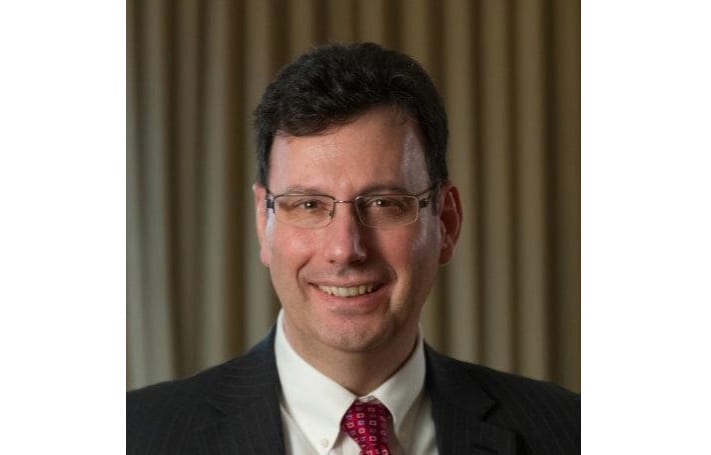As the COVID-19 pandemic continues to batter oil prices along with global demand, major exploration and production companies are growing concerned about storage space for all the oil that is not being consumed.
It therefore means that along with making deep cuts to CapEx for financial stability along with restructuring working arrangements to keep staff members safe, finding adequate storage space is now high on the to-do lists of many oil companies. But what does this mean for Guyana, a newcomer to the oil industry, with several million barrels in oil shipments in the lineup? How can this fledgling oil producer prepare for this impending challenge?
The answer lies in collaboration with industry stakeholders says, Dr. R. Dean Foreman, Chief Economist attached to the American Petroleum Institute (API). During an interview with OilNOW, Dr. Foreman remarked that every oil producer requires some floating storage, cavern storage or tankage, and the challenge differs by country.
“For example, in the U.S, storage has become scarce locally near the trading hub in Cushing, Oklahoma, for West Texas Intermediate (WTI) crude oil. However, storage capacity still remains available across the broader system, provided firms have pipeline capacity to reach it. The U.S also has a variety of storage options, from tankage, to underground caverns, to ships/floating storage,” the Chief Economist disclosed.
In Guyana’s case however, he said that the South American country should collaborate with industry stakeholders to consider storage alternatives that are appropriate and right-sized for its production.
At the moment, Guyana’s Liza Destiny FPSO is facilitating lifts of one million barrels and shipments have been unaffected. Energy Department Director, Dr. Mark Bynoe has told a section of the media however that as some companies begin to run out of storage capacity only then Guyana may feel the squeeze. He said there are no immediate plans for onshore storage at this time, noting that such an investment would have to look at the relative costs and benefits.
During ExxonMobil’s Q1 2020 earnings call on Friday, the issue of storage capacity was not raised either by company officials or investors. It appears that the American oil major is well covered in this regard as it was one of nine companies which recently rented space to store 23 million barrels of crude in the U.S. emergency oil reserve.
STRONG RESPONSE
Further to his recommendation for Guyana, Dr. Foreman was keen to note that what has transpired with COVID-19 and the consequent global shocks to oil demand and supply, could not have been known or predicted, hence “everyone was caught off guard by recent events.”
Be that as it may, the Chief Economist noted that one should seek solace in the fact that the global oil market is responding strongly and relatively quickly. As background, Dr. Foreman recalled that on April 29, last, the Energy Information Administration (EIA) released their Weekly Petroleum Status Report (WPSR) for the week ending April 24, 2020. The EIA found that U.S. crude oil production fell to 12.1 million barrels per day (mb/d), an estimated 0.9 mb/d decrease for the month of April. Meanwhile, OPEC and Russia have also announced plans to cut their oil production considerably beginning this month.
Consequently, Dr. Foreman said one should pay attention to the fact that Guyana is among a handful of nations that should represent the only sources of global oil supply growth in 2020, according to EIA data.
He said, therefore, that one thing Guyana can learn at this time is that the nature of its deepwater oil development requires, and rewards, years of lead time, investments, commitments, and collaboration by industry, government and community stakeholders to bring its remarkable development to fruition.
Dr. Foreman is of the firm view that consistent and coordinated planning by the local authorities for the future would only serve to increase the nation’s resilience in difficult times like this one.



